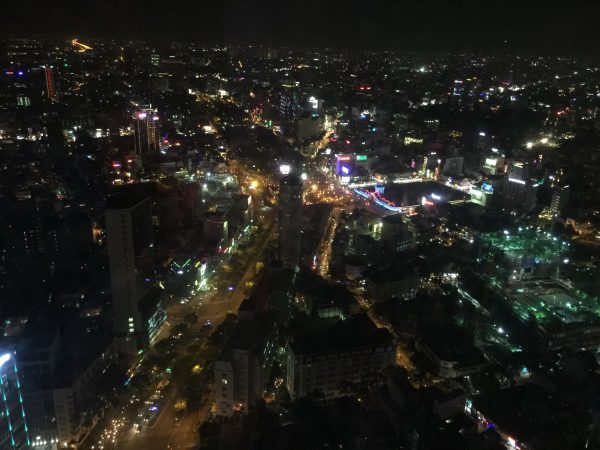Raymond Lam
December last year was a delightful conclusion to 2015 for me because my best mates and I had organized a reunion in Ho Chi Minh City. I’ve known one friend since kindergarten, the other two are more or less my best university buddies. What was perhaps most encouraging, and I daresay touching, was that despite having passed so many years apart and living our own lives (we were inseparable in the old days), the moment we got back together it was as if we had travelled back in time seven years, because our goofy personalities—sides we wouldn’t show to our parents and partners—hadn’t changed a jot. Our joy at making each other laugh hadn’t changed, either.
At the same time, though, we were unmistakably different people. We had moved on from certain interests or hobbies and taken up new interests. Some of us had lost girlfriends or partnered up with new ones. We had divergent priorities, hopes, and anxieties. We certainly all had different professional and academic paths, although we always saw this as a strength. Amidst the “continuity” and how easily we got back into the groove of 2009, when the four of us were last together, it was striking to see that we could never define ourselves as we once had.
One of my friends put it best when he declared one night while we were playing cards in our hotel room, that the next time we met one of us would be married. Can we really say we will be the same people when that reunion hopefully happens?
Buddhist logic says we can’t, ever. Indeed, I could continue trying to define myself, as a man, as a writer, or even as a Buddhist, but all those are dependent on conditions or relations and therefore not satisfactory definitions (especially when we presuppose the self to be eternal). What is my self, independently of all things? The Buddhist answer is nothing.
I’m not the same person I was yesterday, or an hour ago, or even the moment I finished typing this sentence. As I start this one, I’m a collection of aggregates that has somehow been persuaded into thinking there is a unity of self and “soul” – something solid at the heart of it all, a core of my being. It’s this core that I assume to have stayed the same between my graduation year of 2009 and December 2015 when my friends and I reunited, and it’s the center that I mistakenly think will endure until our next catchup.
So next time you catch up with old friends, why not ask yourself: who is catching up with who? Can the experiences of our past with our mates be so neatly delineated from our experiences of meeting up with them again? Are we really persons, or are our lives actually better thought of as processes?
The answer does not lie in a straightforward answer. The Buddha offered noble silence to the great metaphysical questions of existence, and these days glimpses of the answer might be found in frontier, pioneering disciplines like quantum physics. All I know is that our conventional, socially-conditioned sense of the self is not right. But that doesn’t stop me from enjoying every chance I get to chat, laugh, and enjoy life with the friends that have so deeply enriched the self-less process that is “this” (not really my) life.


[…] year I wrote a blog post about a reunion I had with my best friends. I hope we stay closest chums for as long as we live, and that is a sincere wish. But at the […]